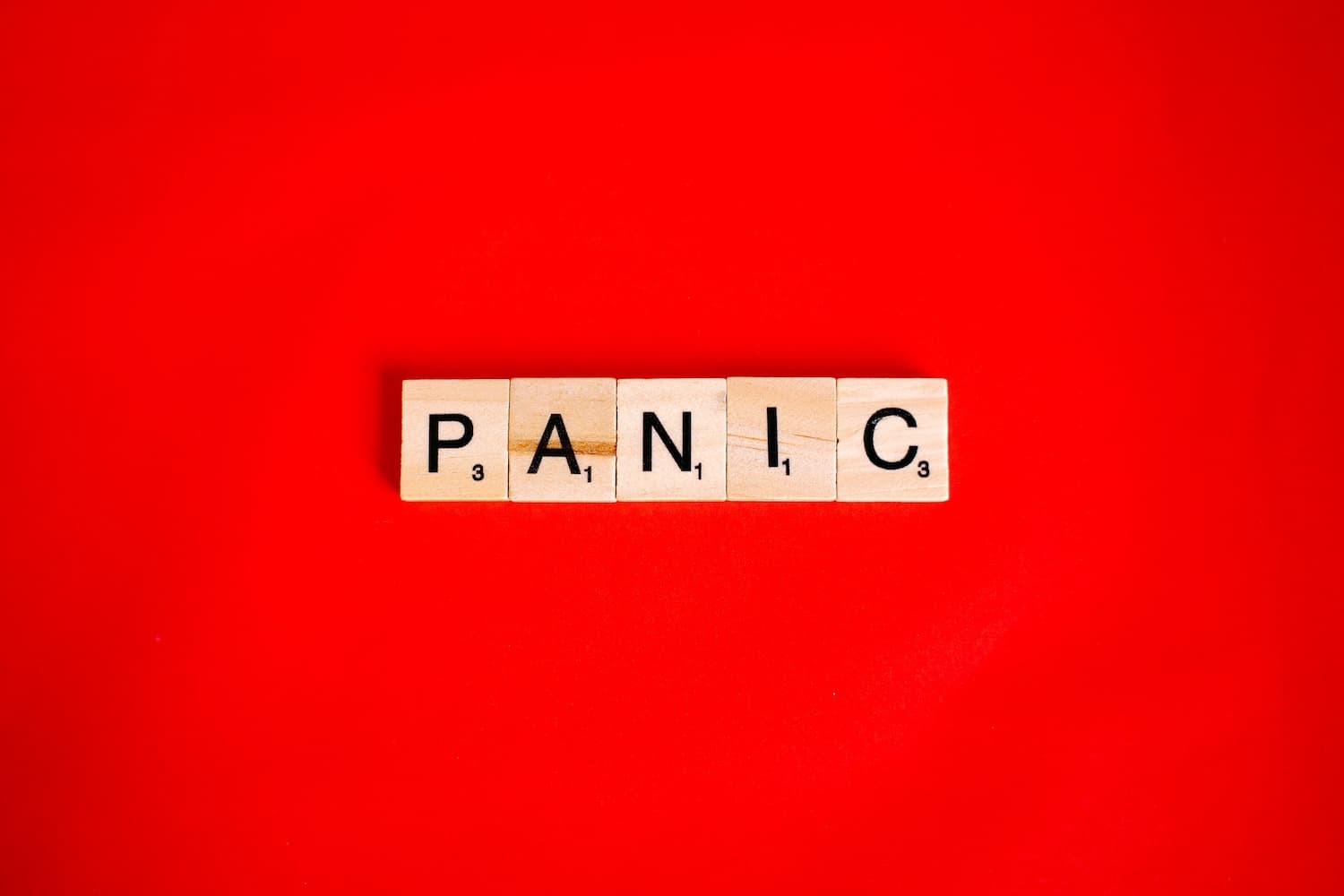
A panic attack involves sudden feelings of intense fear, anxiety and being detached from yourself. When in this situation, you may experience clammy hands, hyperventilation and chest pain that feels as though you're having a heart attack. Panic attacks can last a few minutes to an hour, but regardless of its duration, the attack can leave you extremely exhausted.
It's normal to experience anxiety or a panic attack when you find yourself in a stressful situation or sense imminent danger. When this happens, your body's fight-or-flight response is activated by the release of adrenaline. However, unexpected panic attacks without any sensible reason, or living with the constant fear of a future panic attack, will not only disrupt your everyday life but also lead to a more serious condition called panic disorder.
What is Panic Disorder?
A panic disorder is a condition characterised by frequent attacks of intense anxiety and overwhelming fear. People with panic disorder experience intense mental and physical sensations for no obvious reason, which affect their professional lives, relationships and overall health and wellbeing. They'd rather keep to themselves and avoid social situations as they're too embarrassed of what others might think of them should they have a sudden attack.
People with panic symptoms should understand that their condition is very real and there are available treatments for panic disorder. All they have to do is reach out to family members, friends and a mental health professional.
What are the Symptoms of a Panic Attack?
Panic episodes may be mistaken for symptoms of anxiety attack as both conditions share similar emotional and physical symptoms. People with panic disorder feel their heart rate increase and experience breathing difficulties, which are common symptoms of anxiety, before having a full-blown panic attack. The key difference between a panic attack and an anxiety attack is, the former comes without warning while the latter develops gradually. Here are other signs that a panic attack is brewing:
- Rapid heart rate
 Shortness of breath
Shortness of breath- Hot flashes
- Intense fear
- Chest discomfort
- Intense worry
- The feeling like you're choking
- Fear of dying
- Sweaty hands
- Trembling
- Nausea
- Dizziness
- Dry mouth
- Headache
What Causes Panic Attacks?
The exact cause of a panic attack is unknown to this day, but researchers point to several factors that may trigger it. Many of them have even theorised that the condition may be a result of the brain misinterpreting harmless situations or bodily movements as threats. Some studies have also shown that people with panic disorder have a family history of depression, addiction, post-traumatic stress disorder (PTSD) or other mental disorders. The following are believed to be common triggers of panic attacks:
- Traumatic events
- Major life events like getting married, pregnancy, migrating to another country, etc.
- Genetic factors
- Stressful events
How are Panic Attacks Diagnosed and Treated?
The symptoms of a panic disorder may be mistaken for another medical condition, such as heart disease, so the health professional may run a series of tests to rule out other health problems. These will include a thorough physical exam, blood tests and an electrocardiogram (ECG or EKG) to check the signals from your heart. If the test results do not show any physical causes, the doctor will go to the next level, which is the diagnosis of panic disorder, wherein they will analyse the underlying causes of your excessive worry and fear, racing heart and difficulty breathing, as well as looking into your family history.
Antidepressants can help reduce the frequency of panic attacks, but these won't guarantee a better quality of life as they come with numerous side effects such as dizziness, insomnia, nausea and sexual problems. That said, psychotherapy techniques are often recommended to patients as a better option. Relaxation techniques, calming breathing exercises and cognitive-behavioural therapy (CBT), among others, can help address the root of the condition and stop the attacks for good.
If you're looking for an effective treatment for panic disorder, whether for yourself or a loved one, get in touch with a certified natural health professional in your local area through the Natural Therapy Pages.










